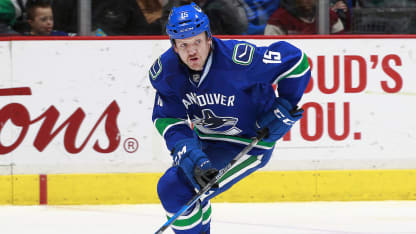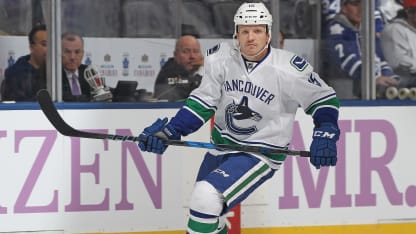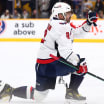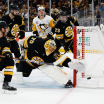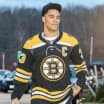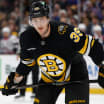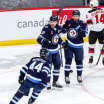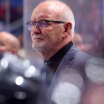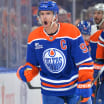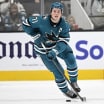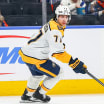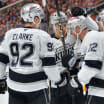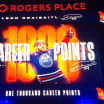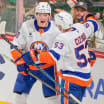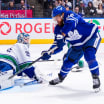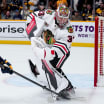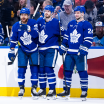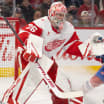Dorsett credited his family for helping him and was surprised where some of his other support came from.
"Guys around the League I had battled against and fought, that I don't get along with on the ice, would see me in the hallway and ask how I was doing and say, 'I can't wait to see you back out there,' and that went a long way," Dorsett said. "Coaches from other teams I hadn't met before would stop and talk before or after games, so the hockey community definitely helped me through some hard times."
Dorsett had stingers, hits that led to temporary numbness in an arm, but early last season they started to linger, first for 90 minutes after a hit against the Los Angeles Kings on Oct. 22, then for a day and a half after getting put in a headlock at the end of a fight against the Ottawa Senators on Nov. 3. Doctors suspected a bulging disk and tried traction, but when both his arms went numb after an innocuous push from behind against the Arizona Coyotes on Nov. 17, they knew more was wrong.
"I'm not going to lie, I kind of broke down a little bit," Dorsett said. "Middle of a game, you hear possible surgery, I was a little upset."
Nine months later, Dorsett is eager to come back to a Canucks team that missed his grit. Even with a plate and four screws in his neck, his family never pressured him to stop.
"It's the only thing I know," he said. "I've played hockey since I was 3 years old, and as soon as I made the decision to get surgery, my focus was to recover and play again. There was never any doubt."
